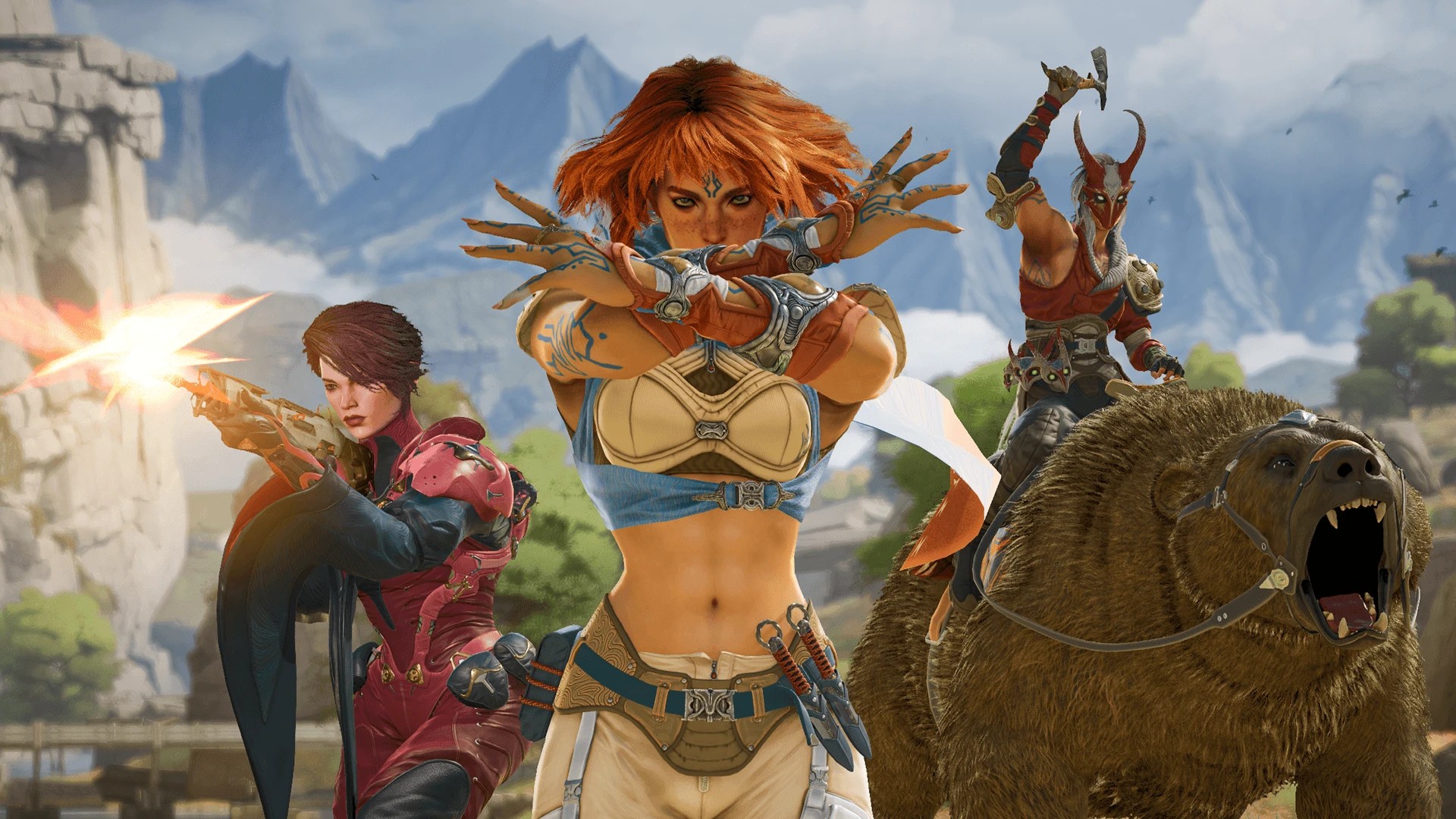I just watched Netflix's 'Turning Point' documentary on the Vietnam War 50 years later — and it chilled me to the bone
A deeply human look at a senseless war
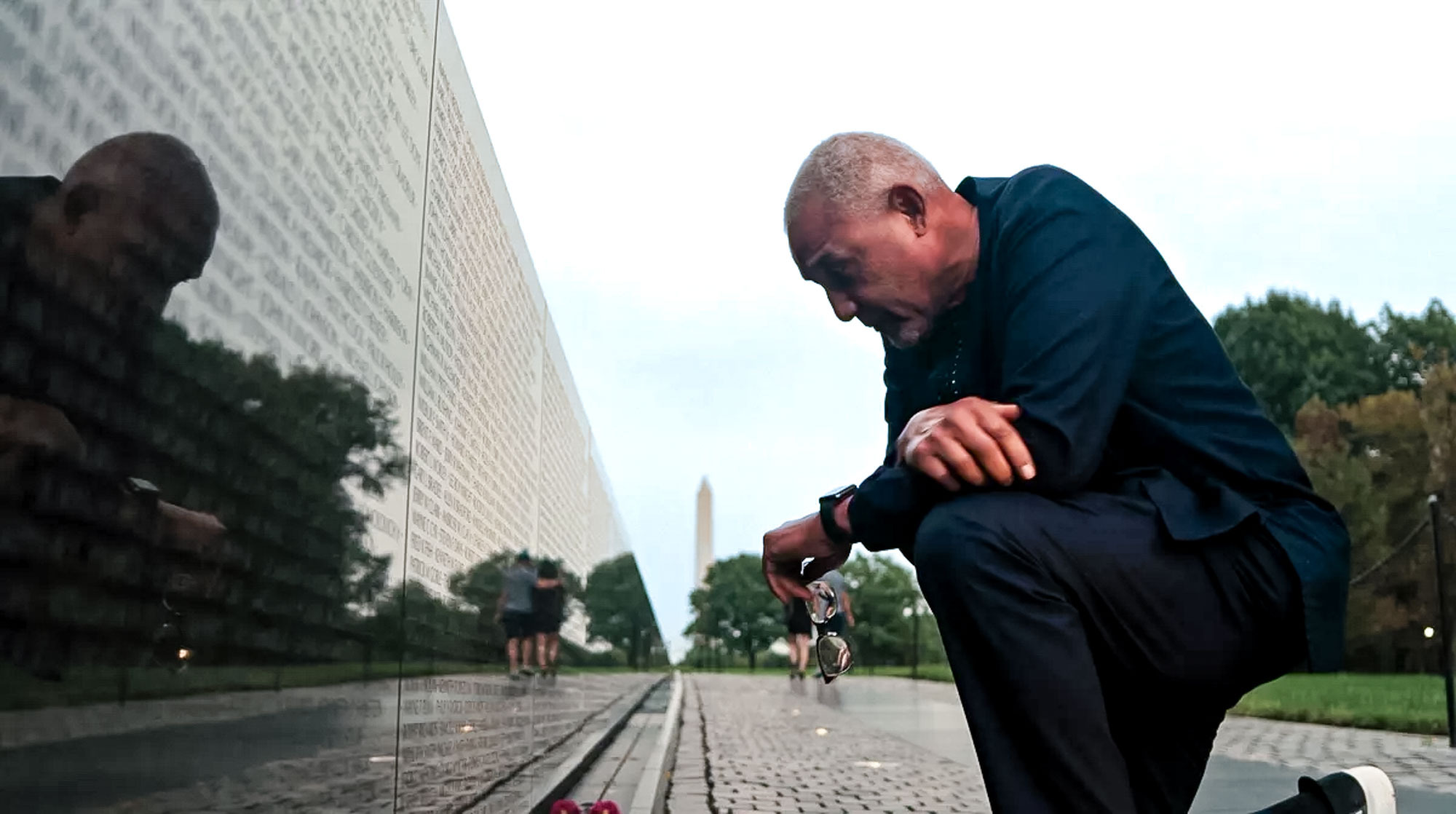
War movies aren't my thing. Most feel like different flavors of the same played-out, pro-military propaganda, where the human toll takes a backseat to the fighting (re-created with the full Hollywood treatment, naturally) and what uplifting narratives can be spun out of the bones of an awful chapter of human history.
That's why I was surprised when Netflix's "Turning Point" series quickly became one of my favorites on the streamer. Directed by Brian Knappenberger, it retraces pivotal historical events through an unflinching, methodical and most of all deeply human lens.
Each multi-episode series breaks down some of the thornier topics we learned in history class with the care they deserve, shaving off the veneer of American exceptionalism we were taught.
Previous entries tackled the Cold War and America's "war on terror," two conflicts that trace a direct line to the country's state of bipartisan animosity, public distrust and corruption today. By no coincidence, both conflicts are similarly inextricable from America’s war in Vietnam, which is the subject of Knappenberger's latest entry.
"Turning Point: The Vietnam War" premiered on Netflix on April 30, timed to the 50th anniversary of when the communist North Vietnamese captured Saigon in the U.S.-supported South Vietnam, widely considered to be the end of the conflict.
This five-part series features footage from the frontlines, recordings of U.S. presidents, testimony from historians, and interviews with people on all sides of the conflict to paint a clear picture of incompetence and hubris at the highest levels of power.
Now that "Turning Point: The Vietnam War" is streaming on Netflix, I'd encourage as many people as possible to check it out. Especially if, after doomscrolling through recent headlines, you've ever asked yourself, "How the hell did we get here?" It's less a history lecture and more a haunting reminder that history is ours to shape, for better or worse.
Get instant access to breaking news, the hottest reviews, great deals and helpful tips.
What is 'Turning Point: The Vietnam War' about?
From the jump, "Turning Point: The Vietnam War" makes it painfully clear that nothing about this conflict is simple. The soundbite you were taught in history class doesn't do it justice.
While April 30, 1975 marked the fall of Saigon and the end of the fighting, the fallout is still simmering to this day, as demonstrated through a montage of recent headlines about mounting public cynicism for American leaders and clips of the January 6th U.S. Capitol attack in the first episode.
A quote from author and historian Thomas Bass in that episode's opening moments really stuck with me: "We all live under the shadow of Vietnam."
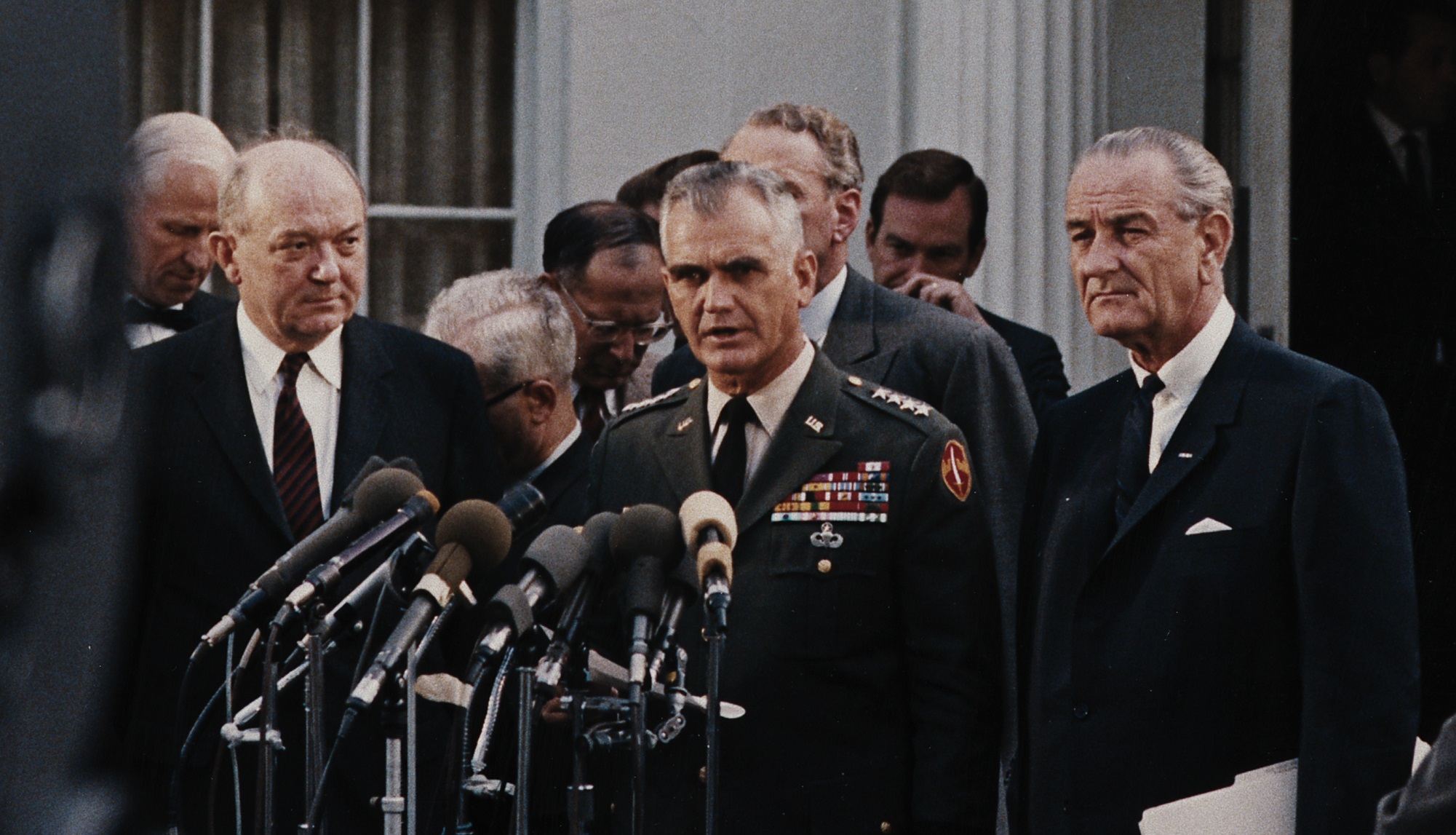
Rather than beating you over the head with facts and figures from the historical record, the docuseries kicks things off on a more personal level with testimony from those involved in the fighting.
The opening shot introduces us to Scott Camil, a Vietnam vet from Florida, as he talks about the grueling basic training he went through after joining the Marines, his voice breaking when he remembers the marching songs he and his fellow Marines used to sing.
Just as he was given one story about the war and why he was risking his life halfway across the world, so was the American public. One of the recurring themes among the experts Knappenberger talks to is how ardently American leaders worked to keep the public ignorant of the full scope of the country's involvement, especially in the early days.
As the war escalated, tales of costly battles were deliberately rewritten into stories of triumph by the time they made the morning paper.
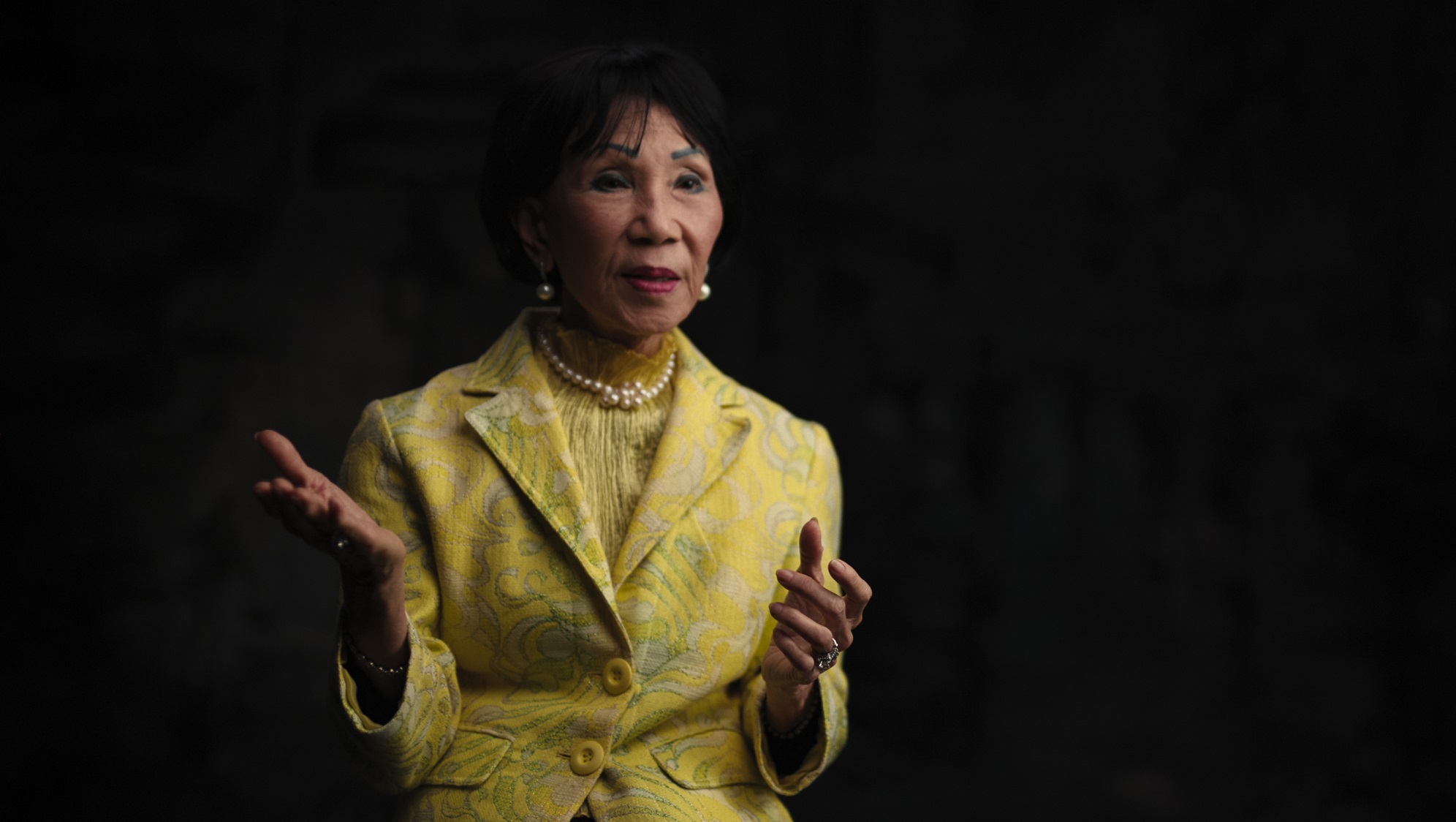
Bogus intelligence, costly mismanagement, and political deception unfortunately surface as cornerstones of the U.S.'s involvement in Vietnam throughout the documentary. Knappenberger and the experts he interviews spare no blame for American leaders. Tape recordings of Presidents Kennedy, Johnson, and Nixon talking to advisors at the time offer an intimate glimpse into history, drawing you in in a way that makes you feel like a fly on the wall of history.
Particularly striking is their candid discussion of LBJ’s uncertainty and hesitation over Vietnam in the early months of his presidency after Kennedy's assassination, building a picture of an insecure man out of his depths suddenly surrounded by what he's been led to believe are the nation's brightest minds.
Each episode goes through painstaking lengths to outline the key players and events, lining them up like dominoes in a game you know will end in disaster — it's just a matter of how much worse it was than you realized.
Why 'Turning Point: The Vietnam War' is a must-watch
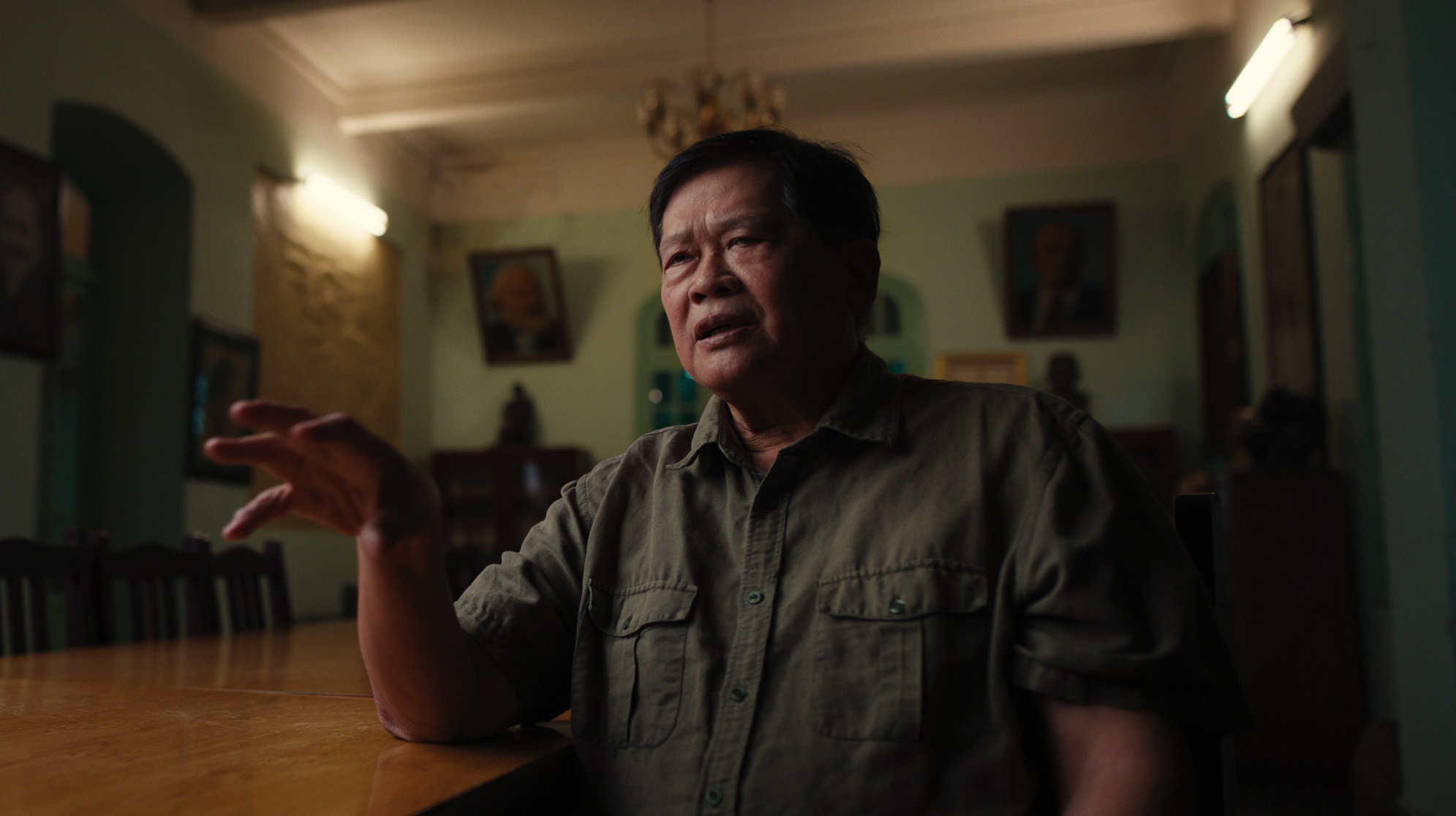
If all that sounds like I'm asking you to sit through the equivalent of a history lecture, I'm seriously selling it short.
What sets these "Turning Point" docuseries apart is how each takes the utmost care to present the historical record in a way that you never forget that wars are fought between people, not ideologies. People who bear scars that are still festering to this day. And it's that throughline of humanity that makes these docuseries so riveting to watch and easy to lose yourself in — whether you're a history nerd or not.
Like the first two "Turning Point" series, this cuts to the heart of why history is worth learning about. It takes these kinds of major events that, over time, balloon into nebulous concepts we struggle to wrap our heads around now, so many decades removed, and shaves them down to a series of interlocking blocks behind which we can see the flawed individuals pulling the strings all along.
Each series shows how a million different outcomes could have unfolded had this or that leader acted differently, had the public known x, y, z, or if different decisions were made. But this is what happened, and this is what we got, and trying to pretend the world we see today isn't directly a result of that is not only an insult to what was lost, but a disservice to ourselves and the responsibility we have to shape the future. As cliche as it is to say, that lesson is more important now than ever.
If it sounds like I'm proselytizing, it's because Knappenberger's shows never fail to get me fired up when it feels like the news cycle has beaten the hope about humanity out of me. There's a quote from one of my favorite games "Disco Elysium" that goes "that we continue to persist at all is a testament to our faith in one another."
It feels strange to say, given the grim subject matter and all, but the "Turning Point" series restores my faith in people, in our collective capacity to forge history. Something that's far too easy to lose sight of these days.
"Turning Point: The Vietnam War" is streaming now on Netflix.
More from Tom's Guide
- I’ve been waiting 4 years for Netflix’s new action-thriller with Tom Hardy — and it’s the best original movie of 2025 so far
- 5 best true crime docuseries on Netflix to stream right now
- Netflix is losing several Spider-Man movies this week — here's what's leaving

Alyse Stanley is a news editor at Tom’s Guide, overseeing weekend coverage and writing about the latest in tech, gaming, and entertainment. Before Tom’s Guide, Alyse worked as an editor for the Washington Post’s sunsetted video game section, Launcher. She previously led Gizmodo’s weekend news desk and has written game reviews and features for outlets like Polygon, Unwinnable, and Rock, Paper, Shotgun. She’s a big fan of horror movies, cartoons, and roller skating. She's also a puzzle fan and can often be found contributing to the NYT Connections coverage on Tom's Guide
You must confirm your public display name before commenting
Please logout and then login again, you will then be prompted to enter your display name.
 Club Benefits
Club Benefits






